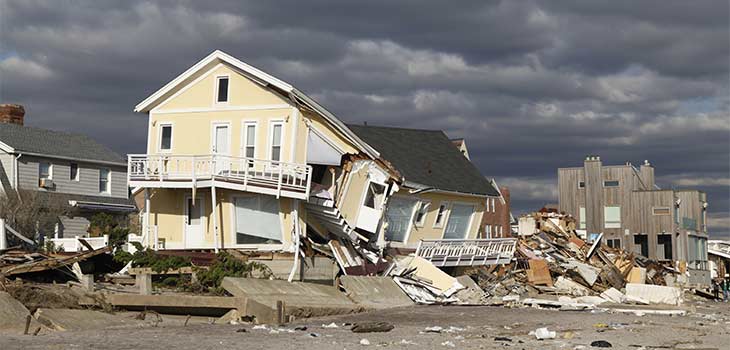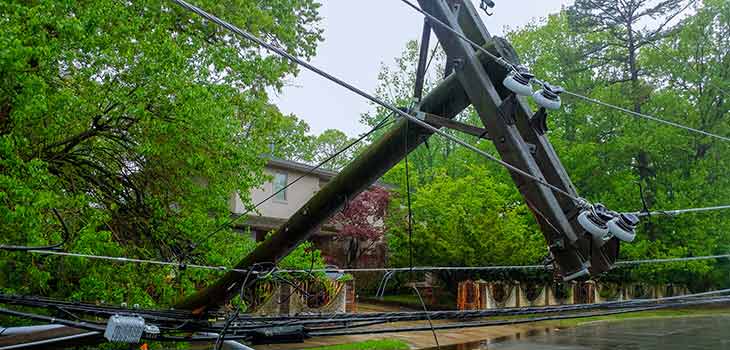9 Ways to Prepare for A Natural Disaster!
We’ve all seen the terrifying footage on the news of ravaging hurricanes, floods, wildfires and volcanic eruptions. It’s heartbreaking to see people caught either unaware of the severity, or unprepared for it. While it may be hard to imagine (until it happens to you) being forced from your home by rising water or wildfires, it’s better to be safe than sorry. What would you do if you knew that one of these natural disasters was heading for you? Even if you just lose power for a few days, how are you going to cook your food? How are you going to store it? Do you have enough water? Are you prepared to evacuate if necessary? To help you in case of emergency, here are 9 ways to prepare for a natural disaster.
1) Create a Plan and Discussion
Probably one of the most important things you can do is have a plan. This way, you will not be caught off guard. Creating a plan for your household in case a disaster occurs should include information such as out of town contacts, household information, childcare contact information, workplace and other emergency contingencies. Do not forget to add your shelter plans and evacuation routes as well. Also, make sure that everyone knows the way to respond in case the event happens. Make sure you identify the safest spots for each kind of disaster. If you are living near a waterway or dam, have a plan for food and other essential that you might need. Most importantly, don’t be stubborn if an evacuation order is in place. It’s there for a reason, and you could be endangering your life and that of your family. When in doubt, get out!

2) Gather the Most Essential Items

One tip is to have what is called a “Go Bag” ready at all times, with essential items like two or three changes of clothes, maps, an extra phone or charger, water and any essential medications. Keep an empty bag ready to quickly gather prescription medicine and other essentials. You should plan on taking at least a three-day supply of food water if you need to evacuate. A two-week supply is recommended if you are at riding it out at home. Plan for power outages with extra propane or charcoal to cook with. Don’t count on natural gas for cooking, as it could be shut off for any number of reasons or safety concerns. The most important thing is safety and survival. If you don’t think it’s safe to stay, all the home preparation won’t matter if your home is destroyed with you in it!
